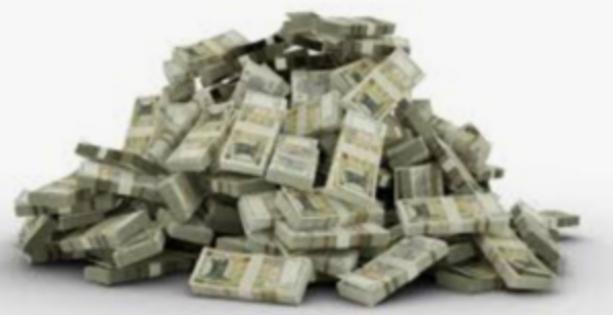Alcohol Wants To Be In Charge Of Selling Legal Cannabis
Published in Cannabis Daily
They control one of the most popular items in the world – making it convenient to consumers. Now alcohol wants to be the sellers of cannabis
Like weed, alcohol has been around for thousands of years, but somehow became more acceptable for a major part of the world, making it a big, global business player. And now alcohol wants to be in charge of selling legal cannabis. Already the industry sells the #3 global drink – beer. Unlike cannabis, booze can be purchased in hotels, restaurants, gas stations, Costco, groceries stories and more. They have the reach, the political clout on a local and federal levels, and they have the resources. Liquor spends well over $30 million annually lobbying while cannabis spends around $4.5 million. But can they make it happen? The alcohol retail industry is making a strong case to become the exclusive seller of cannabis products, arguing its established infrastructure and experience in regulating intoxicating substances make it uniquely suited for the task. This proposal, led by organizations such as the American Beverage Licensees (ABL), raises important questions about whether alcohol retailers should be allowed to dominate cannabis sales.
Alcohol retailers argue that they have decades of proven compliance with strict regulations, including preventing sales to minors. They propose that cannabis should be regulated similarly to alcohol, with clear labeling, advertising restrictions, and limits on potency per serving. Additionally, they emphasize the need for rigorous safety testing to ensure cannabis products are free from harmful contaminants like pesticides or heavy metals. By leveraging their existing infrastructure and regulatory expertise, alcohol retailers believe they can ensure safer and more controlled cannabis distribution. The alcohol industry also sees cannabis as a lucrative business opportunity. With the global cannabis market projected to reach $61 billion by 2026, major alcohol companies have already invested heavily in cannabis-infused products such as beverages. These investments demonstrate their readiness to integrate cannabis into their operations while targeting new consumer markets. Potential Benefits of Alcohol Retailers Selling Cannabis Established Compliance Systems: Alcohol retailers already operate under strict regulations and frequent inspections, which could minimize risks associated with improper sales or unsafe products. Streamlined Distribution: Using existing alcohol retail networks could simplify supply chains and ensure widespread availability of cannabis products. Consumer Safety: Rigorous lab testing and labeling standards proposed by alcohol retailers could enhance product safety and transparency for consumers. RELATED: TikTok’s Double Standard on Marijuana And AlcoholWhile there are clear advantages to allowing alcohol retailers to sell cannabis, critics argue that such a move could stifle competition and innovation in the burgeoning cannabis industry. A regulatory framework modeled after alcohol’s three-tier distribution system might create inefficiencies and limit opportunities for small businesses to thrive. Additionally, some fear that co-locating alcohol and cannabis sales could encourage co-use of these substances, potentially increasing public health risks. Ultimately, whether alcohol retailers should have exclusive rights to sell cannabis depends on balancing consumer safety, market fairness, and public health considerations. While their proposal offers a structured approach to regulation, it is crucial to ensure that the cannabis industry retains its independence and diversity.
The Fresh Toast is a daily lifestyle platform with a side of cannabis. For more information, visit www.thefreshtoast.com.
























Comments